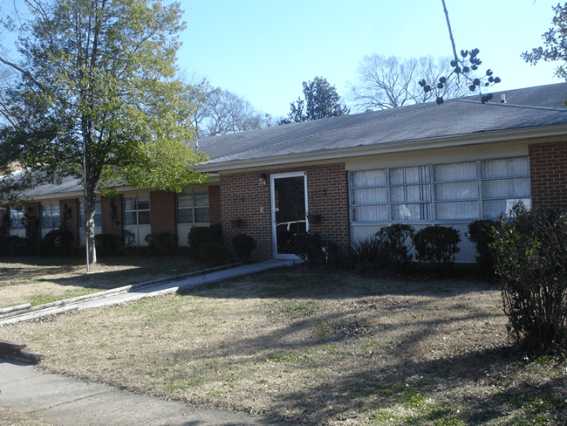Olivias House
Call 1 844-930-5397 and speak now with an alcohol or drug abuse counselor.
Call now. This service is free of charge and there is no obligation.
Admission Requirements at Olivia's House
Women must meet the DSM-IV-R criteria for chemical dependency.
Women must have custody of at least one child between the ages of 0-10. Up to three children may live with their mother at Olivia’s House.
They also accept clients from prison or who have legal issues.
Women seeking admission must have had a recent state psycho-social assessment or be assessed at Olivia’s House.
Upon completion of assessment requirements, potential clients are contacted by the admission coordinator and informed as to the date of space availability.
Mothers and their children may live at Olivia’s House for up to 12 months.
Along with extensive case management services clients participate in group and individual therapy addressing issues of substance abuse, domestic violence, relationship, and parenting.
On site child care transportation and employment assistance is provided.
Length of Stay The maximum length of the residential phase of treatment at Olivia’s House is twelve months; however, a client may apply for an extension based on additional need for treatment, lack of a living environment that is conducive to recovery efforts, etc.
The actual length of a woman’s stay will be dependent upon the severity of her illness, her response to treatment, and the availability of independent living resources.
Based upon program experience, it is expected that most women will stay in residential treatment from six to twelve months.
Clients are expected to continue the recovery process, on an outpatient basis through Olivia’s House, Pearson Hall, or other approved substance abuse treatment provider upon discharge from residential treatment until they address all of the tasks of late recovery.
They will address maintenance issues in outpatient continuing care/after care which is estimated to last from six months to a year.
Alcohol and drug abuse treatment centers, inc.
Alcoholism Recovery Services, Inc will provide substance abuse treatment services at Olivia’s House.
Olivia’s House provides holistic care for chemically dependent women and their children.
Children, up to age 10, live with their mothers at Olivia’s House during the course of residential treatment, a period of up to twelve months.
Children will be seen for routine sick and well childcare at the Birmingham Health Care for the Homeless Pediatric Clinic (BHHPC), the Maternal Infant Network at University Hospital (MIN) Clinic, Children’s Hospital, or the Jefferson County Public Health Clinic.
At all of these resources, they will also receive vision, hearing, and dental care.
Children needing specialized care will be referred to the appropriate community resource.
Coordination of children’s services will be a function of case management, the child development staff, and the nursing staff.
Separate records documenting service delivery will be kept on all children.
These services, including medical care, will be available for all of the women’s children who are in residence with her.
In addition, referrals will be made as needed for nonresidential children of clients up to are seventeen (17).
The following services are provided for women:
- Assessment services
- Residential and outpatient substance abuse group therapy
- Medical screens
- Medication monitoring
- Individual counseling and specialized groups addressing mental health issues
- Domestic violence, sexual abuse, spirituality, relationships, health care, and nicotine addiction
- Parenting training
- Twelve-step support groups
- Living skills training
- Family counseling and education
The following services will be provided for children:
- On site developmental child care center
- Developmental assessment
- Physical assessment
- Speech, language, vision, hearing assessment
- Dental assessment
- Nutritional assessment
- Educational assessment
- Sick and well child care
- Tutoring
- Psychiatric care
Children’s case management Extensive case management and transportation services link the needs of both women and children with a number of community resources for further services, including , adult education, job readiness training, income assistance, housing assistance, parent aides, preventive and acute health care, head start, etc.
After- care and follow-up services are also provided.


Comments